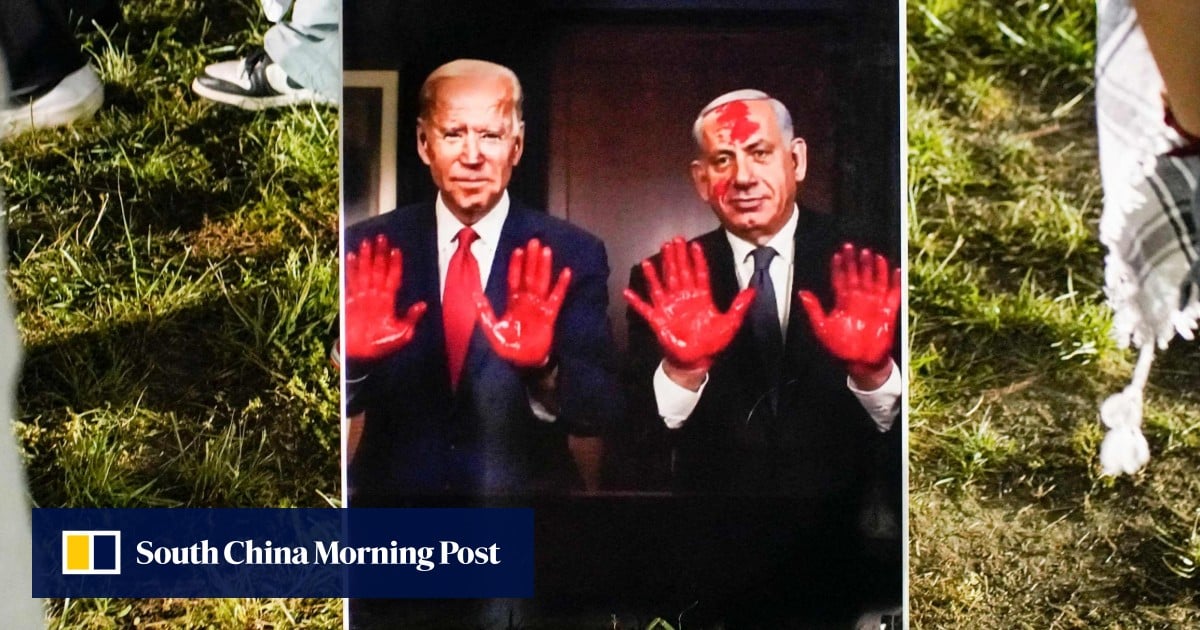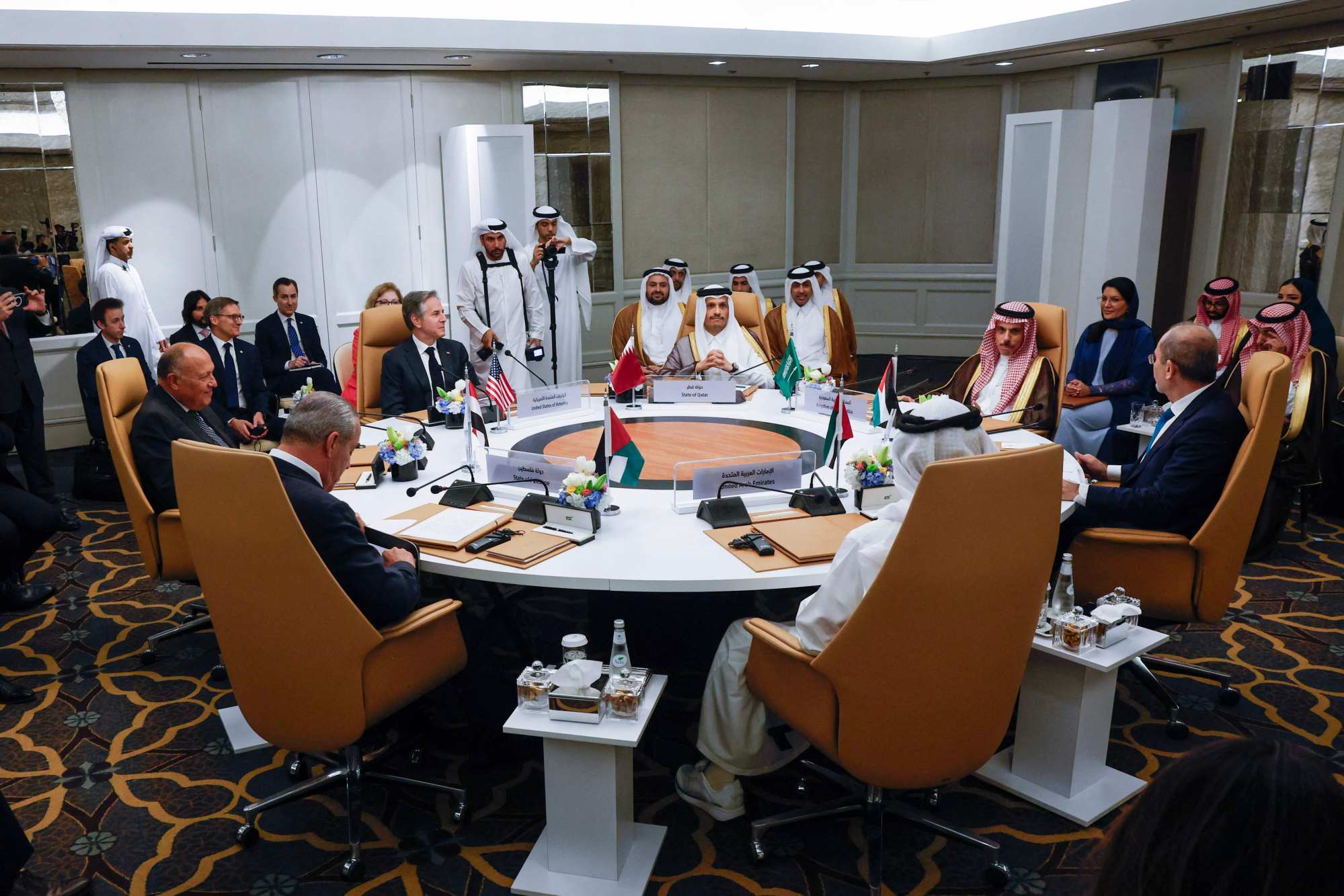
But observers say this, and their call for an international arms embargo against Israel, are clearly symbolic gestures, given the billions of dollars in arms and ammunition that have already been sent to the country by the US, Germany and other Western nations since the war began.
“The Islamic contact group has a mostly symbolic character and them calling for sanctions is actually a call on the United States and other Western states to do something” about Israel’s planned assault on Rafah, said Andreas Krieg, a Middle East-focused political risk analyst and associate professor of security studies at King’s College London, using an informal term to refer to Sunday’s ministerial meeting.
There’s been a lot of apathy and disengagement really … It’s an easy way of hiding behind Western complicity in this war
“There’s been a lot of apathy and disengagement really [from Islamic and Arab officials] in actually taking over agency [in regards to the Gaza conflict] instead of just always saying it’s the West that needs to do more to hold Israel to account,” he said.
“It’s an easy way of hiding behind Western complicity in this war in Gaza, and denying their own agency and responsibility.”
That said, if the US continues to support Israel “more or less unequivocally”, then “it’s obviously true that nothing is going to move in Palestine or in Gaza”, Krieg said.
At the same time, there’s more that Arab and Muslim states “can do to not just condemn Israel but also put pressure through all the means available to them on their Western partners”, such as constraining exports of oil, gas and associated products, he said.
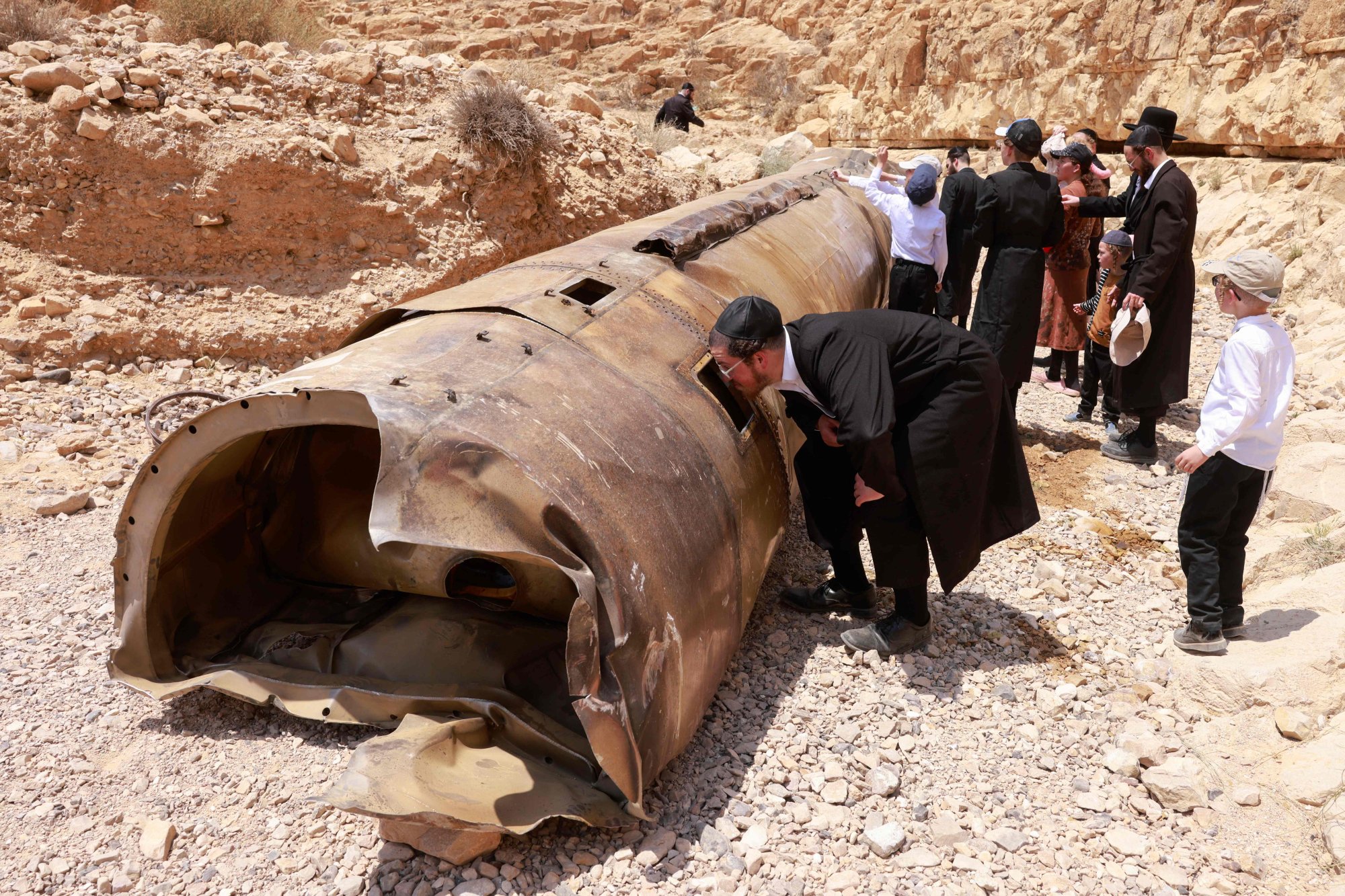
After US Secretary of State Antony Blinken met with Netanyahu on Wednesday, the State Department put out a statement saying he had “reiterated the United States’ clear position on Rafah”, without elaborating.
Speaking to reporters in Jerusalem after the talks, Blinken bemoaned Israel’s lack of “an effective plan to make sure that civilians are not harmed”, stressing that there were “better ways of dealing with the real ongoing challenge of Hamas that does not require a major military operation”.
Earlier, at the World Economic Forum in Riyadh on Monday, Blinken told Arab leaders “the only thing standing between the people of Gaza and a ceasefire is Hamas”, calling Israel’s proposal for a temporary truce and exchange of hostages and prisoners “extraordinarily generous”.
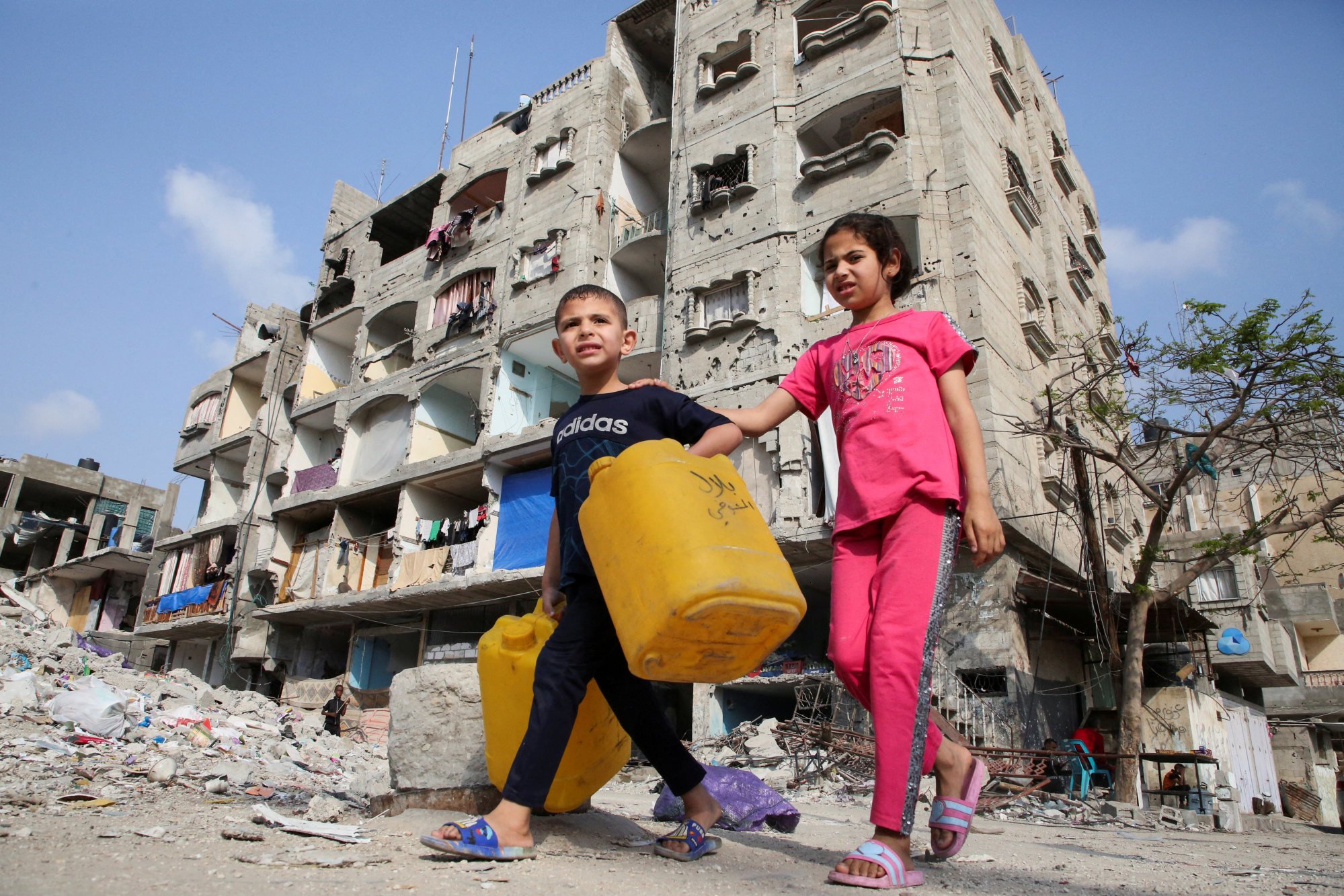
‘At death’s door’
Diplomatic efforts have now turned to constraining the scale of civilian casualties in Rafah, where more than 1.2 million Palestinian refugees – most of Gaza’s population – are thought to be encamped with minimal access to shelter, food, water and healthcare.
“Any ground invasion there would deal a devastating blow to relief efforts – and could put an already fragile humanitarian operation at death’s door”, said Jens Laerke, deputy spokesman of the UN Office for the Coordination of Humanitarian Affairs.
The hundreds of thousands of displaced Palestinians sheltering in Rafah “are already struggling to survive as it is,” he told This Week In Asia. “They have little to eat, little access to medical care, nowhere to sleep, and nowhere safe to go.”
Yet domestic politics are as much a factor as the looming humanitarian disaster for the governments involved in the negotiations. Egypt worries a Rafah assault would cause refugees to flood across its border with Gaza, which alongside mass civilian deaths could inflame public anger and destabilise its already unpopular authoritarian government. Neighbouring Jordan shares similar concerns.
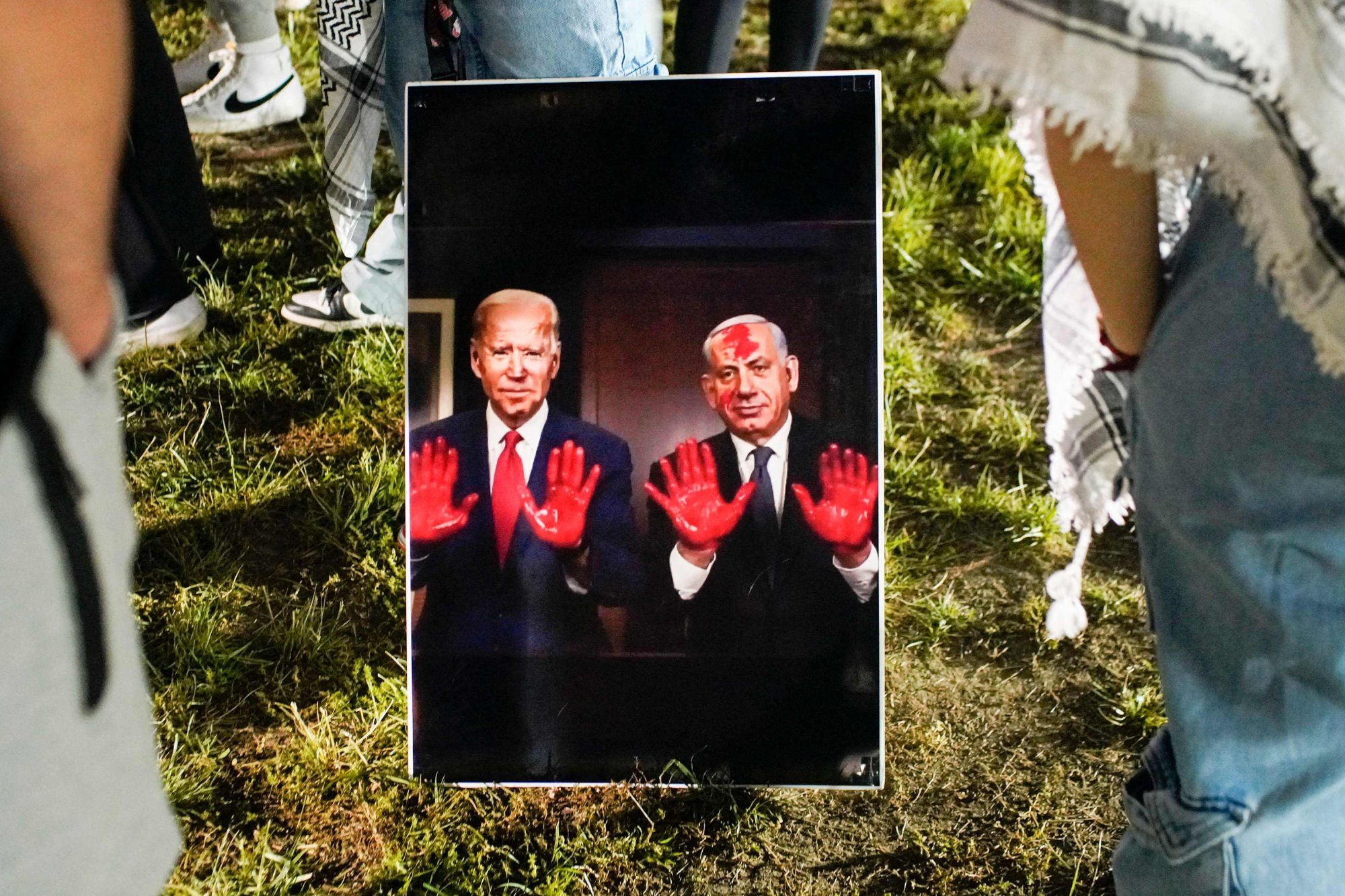
This is despite the protests having the support of a number of Jewish faculty members and Jewish advocacy groups such as Jewish Voice for Peace.
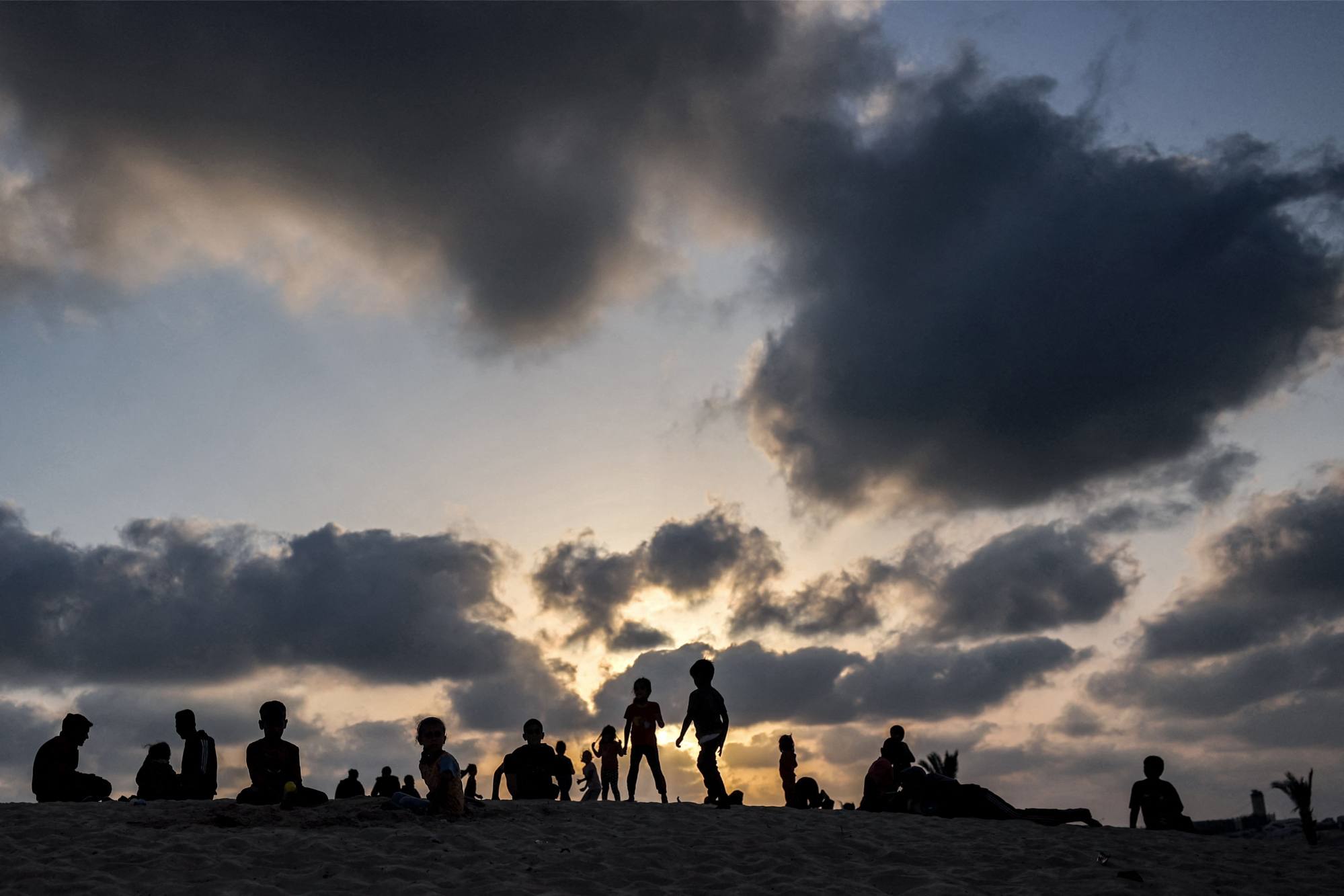
Still, US political commentator Hussein Ibish, whose research focuses on Palestinian statehood, told This Week In Asia that American public opinion was “less influenced by protest actions than by media coverage of the conflict and the suffering of people of Gaza”, which he said had started to make a “considerable impact on Israel’s reputation”.
Mass civilian deaths from an invasion of Rafah could have a “huge impact”, he said, because there is “considerable attention on the part of a minority of Americans” – most of them Democratic voters or left of centre political activists.
“Therefore, any additional massacre in Gaza that implicates the US or the Biden administration, as it inevitably would, will cause a sensation among a subsection of Americans that Joe Biden needs to keep on the side for the election,” Ibish said.
Police deployed on US campuses as Gaza war protest unrest simmers
Police deployed on US campuses as Gaza war protest unrest simmers
With the wider American public, it could also have an outsize impact, “because there is already considerable repulsion and horror at Israel’s war of vengeance in Gaza”, he said.
More than 34,000 people have been killed in Gaza since the war began, according to the Hamas-run enclave’s health authorities.

